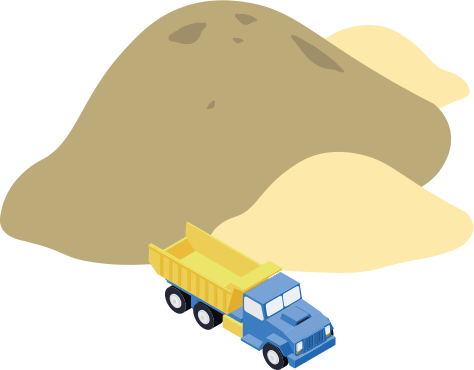How long a website’s been around is a factor in search engine rankings. This is known as “the sandbox effect.” The idea is Google sticks your website out of the way (“in a sandbox”) until it has been around long enough for it to look like you’re for real.
It isn’t just on-or-off, all or nothing. Google will index your website (have it show up in searches) almost immediately. But without any other changes, your rankings will still tend to rise over time. This is very evident in the first few months but we’ve seen clear evidence that a site that has been around for many years is likely to rank higher than one that has only been around for a year or two.
That doesn’t mean you can’t rapidly show up high in rankings:
Just to be contrary, we’ve had clients tell us that they received phone calls from searchers who found their site while we were still in the process of building it! (As we create sites, we often put up some of the pages where only the respective clients knows where they are so they can see how things are progressing, give their input and so on.)
In other words, the site wasn’t even finished, yet it was already showing up for a specific search query, resulting directly in online orders for the client. True!
Sandbox or no sandbox, if your site is rich in the type of content people are looking for, and it’s properly optimized, you are going to show up. Especially if you aren’t trying to compete head on for the same keywords that a million other sites are using. Finding and testing the right keywords for YOUR site is part of good SEO work.
But, the sandbox effect is real, and one of the reasons we often recommend for new sites a combination of organic SEO and click-ad campaigns.
By the way, if a site isn’t new, but is being moved or rebuilt, there are ways to ensure you don’t lose the credibility (and links and rankings) you’ve gained over time.








